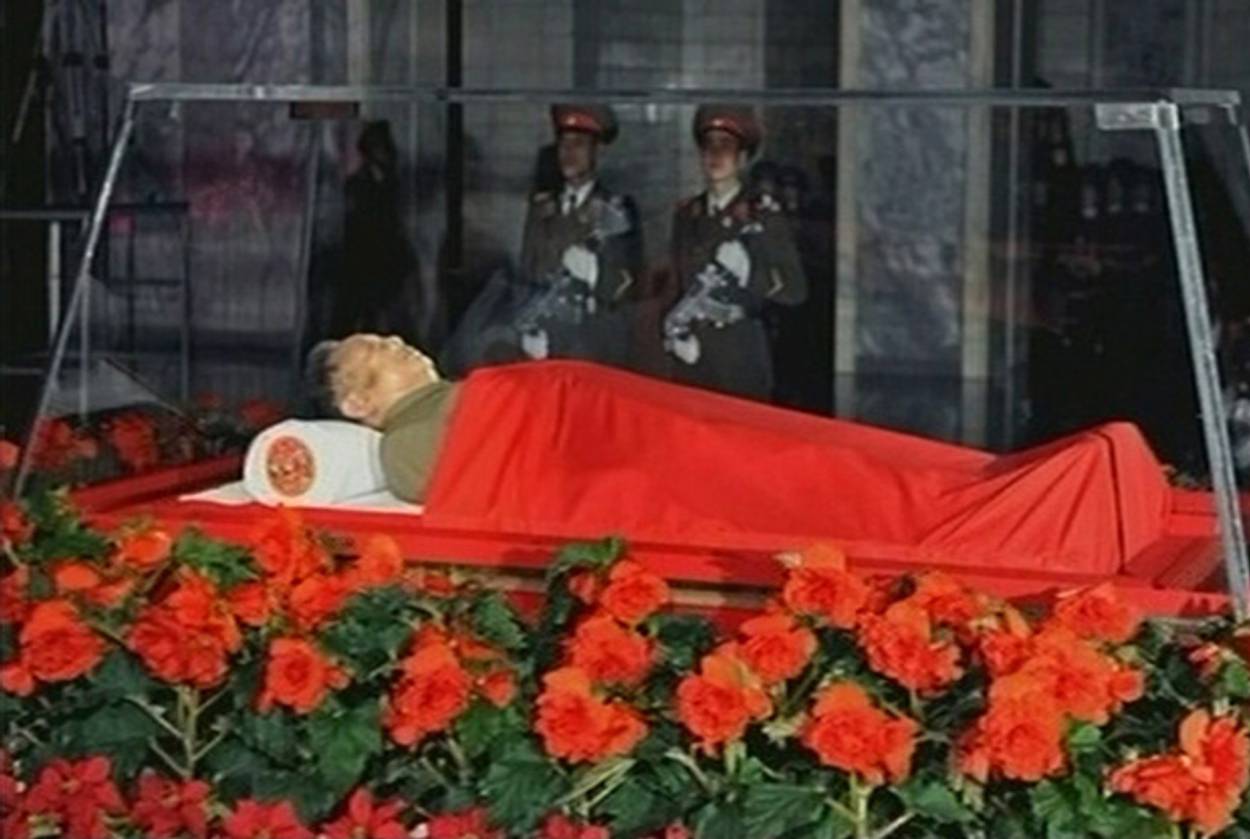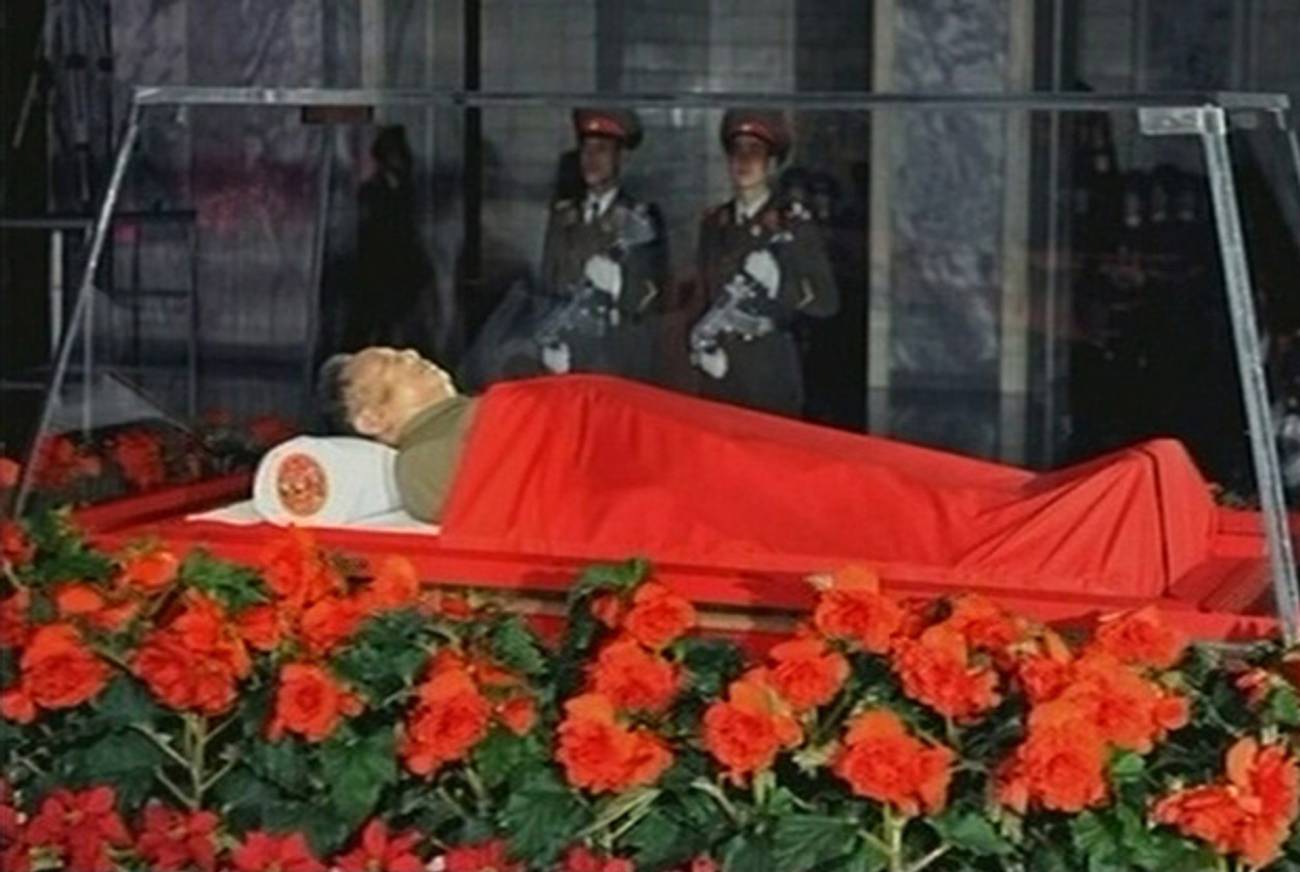What Kim’s Death Means for Proliferation
Is North Korea less likely to help Iranian and Syrian nuclear programs?




Coincidentally (or maybe not), last week Israeli journalists were briefed by South Korea’s new ambassador on North Korean succession rumors as well as the slave state’s nuclear proliferation, which has included building a reactor in Syria—a reactor that Israel destroyed in an airstrike in 2007. North Korean dictator Kim Jong-il’s death was reported late this weekend (it likely came a few days earlier); he has been succeeded by his son, Kim Jong-un. What effect will this have on North Korea’s proliferation of nuclear knowledge, technology, and materials, specifically to Syria and Iran? I called up David Albright, a proliferation expert and founder and head of the Institute for Science and International Security, to get some answers.
How dependent were Syria and Iran on North Korea for their alleged nuclear weapons programs?
North Korea provided a reactor to Syria, but there’s no evidence they’ve given anything [nuclear] to Iran. They’ve been proliferating missiles into the Middle East for decades; Russia’s not selling them anymore. It’s a valuable source of missile technology for Iran. Syria was completely dependent for fuel cycle capabilities. North Korea didn’t make all these things, Syria would smuggle nuclear-related components from other countries, illegally. On Iran, there’s just no evidence [of collaboration] on nuclear weapons. People have made claims but there’s just no intelligence.
What’s North Korea’s current stance on proliferation?
They understand their proliferation activities are under greater scrutiny than before. I would think they’d be more hesitant. My own guess would be that the succession has been pretty well planned out, and—Kim died earlier than expected, but he was expected to die, and the plan was in place, and I would think they will after a period of mourning want to pick it up again, in three months, two months. They have to have a very intensive mourning take place. Anything can develop, but they’re a very careful, controlled regime, where the elite benefit from having this cult of personality, and they need somebody in the Kim family—require somebody, almost a god-like figure. And I think that’s been planned for several years now. [Kim]’s not going to try to rule alone, and it’s not a one-man-rule system anyway.
Might it improve relations with the United States?
Part of that deal appears to be wanting to negotiate, to put itself in a better situation with the United States. And part of that is classic international relations, where they’re too dependent of China and they don’t view China as a friend, and I think they would like the United States as an ally to play against China. And the United States would want that as well. If the price is concessions on their nuclear program, it can improve its situation, and another price is it doesn’t proliferate to Iran.
So it sounds like—with the caveat that nobody really knows anything about the Hermit Kingdom—that due to the new leader North Korea is less likely to engage in nuclear proliferation than it was, say, a year ago.
I think so, yeah. They understand the danger of proliferating right now. I was there a couple weeks ago, and I think they understand.
Wow. Did you have any inkling Kim Jong-il was about to die?
No, no. You got the impression this wasn’t a country nervous about succession. They were making long-term plans. They knew the Dear Leader was not in the best of health.
Marc Tracy is a staff writer at The New Republic, and was previously a staff writer at Tablet. He tweets @marcatracy.